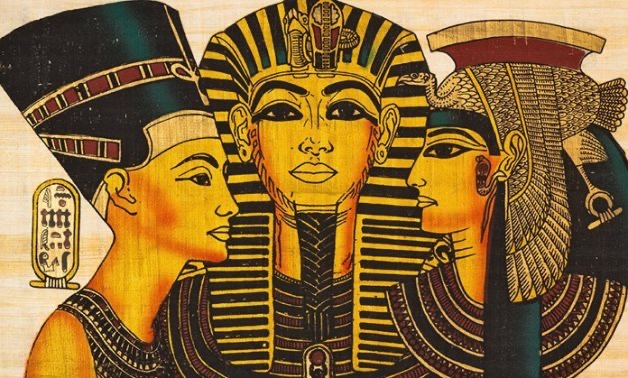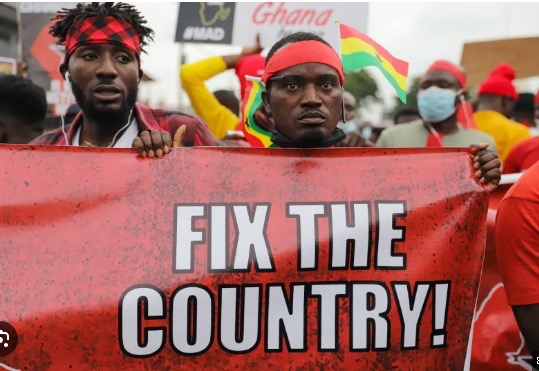Tensions that had been building for months between three West African countries affected by coups and the regional organisation ECOWAS reached a breaking point when the nations abruptly declared their immediate withdrawal from the bloc. This marks the first instance in the bloc’s nearly 50-year history that its members have withdrawn in such a manner, posing an unprecedented challenge to the group and intensifying the threat to regional stability.
In a joint statement, the military rulers of Niger, Mali, and Burkina Faso accused ECOWAS of insufficient support and deemed the coup-related sanctions imposed by the organisation “illegitimate, inhumane, and irresponsible.” The juntas said that ECOWAS had strayed from the principles of its “founding fathers and the spirit of Pan-Africanism” and that the bloc had neglected to support them in their struggle against Islamist rebels and to put an end to insecurity.
The ECOWAS Commission responded to media reports regarding Burkina Faso, Mali, and the Niger Republic’s alleged withdrawal from membership, stating that it has not yet received any official formal notification directly from the three member states regarding their intention to leave the regional bloc.
ECOWAS, which has its headquarters in Abuja, Nigeria, may not have the power to stop them from leaving, but it might hold an emergency conference to consider the departure. In an attempt to coerce the three to restore constitutional order, ECOWAS has put a slew of economic, political, and financial penalties on them; nevertheless, this has only strengthened their stance. For the time being, it’s unknown if the three plan to do so.
The withdrawal of these three nations is a major setback to regional integration. ECOWAS was formed to promote economic cooperation and political stability in West Africa. The departure of these countries undermines the unity and cooperation that the organisation aims to achieve. Landlocked nations like Burkina Faso, Niger, and Mali rely on the ports in their ECOWAS neighbours for imports and exports. Leaving the bloc may result in higher tariffs, affect financial flows among the remaining members of the bloc, and restrict the free movement of their population.
This exit could disrupt existing economic relationships and trade agreements. ECOWAS member countries benefit from preferential trade arrangements, and an exit may result in the loss of these privileges, affecting the economies of both the exiting country and its former partners. As for the future, ECOWAS, headquartered in Abuja, Nigeria, may convene an emergency summit to discuss the withdrawal. However, the bloc might lack the leverage to prevent their departure. This decision poses a critical test for the current ECOWAS chair, Nigeria, and its President Bola Tinubu, who has aimed to reaffirm the country’s dominance as a regional power.
Following the exit of Mali, Burkina Faso, and Niger from the Economic Community of West African States, or ECOWAS, as the Peoples Democratic Party (PDP) presidential candidate in the 2023 general elections in Nigeria, Atiku Abubakar has called for heightened security measures.
In a brief letter published on X on Sunday, Atiku called the current state of affairs a “serious diplomatic meltdown” and stated that Nigeria must immediately step up its efforts to safeguard its security interests. “Reports about the withdrawal of three countries from our sub-regional body are concerning. It is a matter of serious diplomatic meltdown. We must keep the country’s national security interests, especially the fight against terrorism, banditry, kidnapping, and others, in focus while we appraise the situation,” he said.
Established in 1975, the 15-nation Economic Community of West African States (ECOWAS) aimed to promote cooperation, integration, and economic stability in the region. As West Africa faces ongoing challenges, including coups and security crises, ECOWAS plays a significant role in promoting peace and security in the West African region. It has been involved in conflict prevention, resolution, and peacekeeping missions in response to various crises in member states.
While the ECOWAS treaty allows member states to withdraw with a one-year notice, the organisation has not yet been officially notified of the decision by Niger, Mali, and Burkina Faso. Analysts anticipate ongoing dialogue between ECOWAS and the withdrawing nations, focusing on regional stability. However, the strained relations have resulted from ECOWAS’s reliance on sanctions to address the coups, prompting the military leaders of the three countries to seek new partnerships.
ECOWAS has been at the forefront of efforts to restore civilian rule in coup-affected countries, employing sanctions and rejecting lengthy transitional timetables. Concerns arise regarding the juntas’ commitment to holding democratic elections within these timelines, and analysts suggest that the non-allegiance to ECOWAS may impede the return to democracy in the three countries and potentially encourage coups in other nations.


